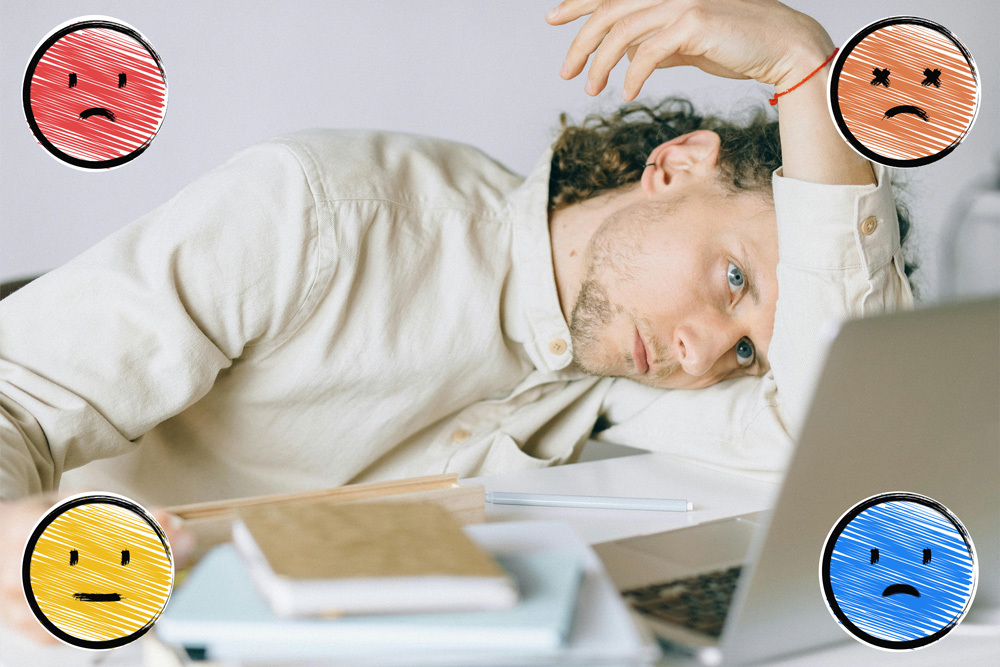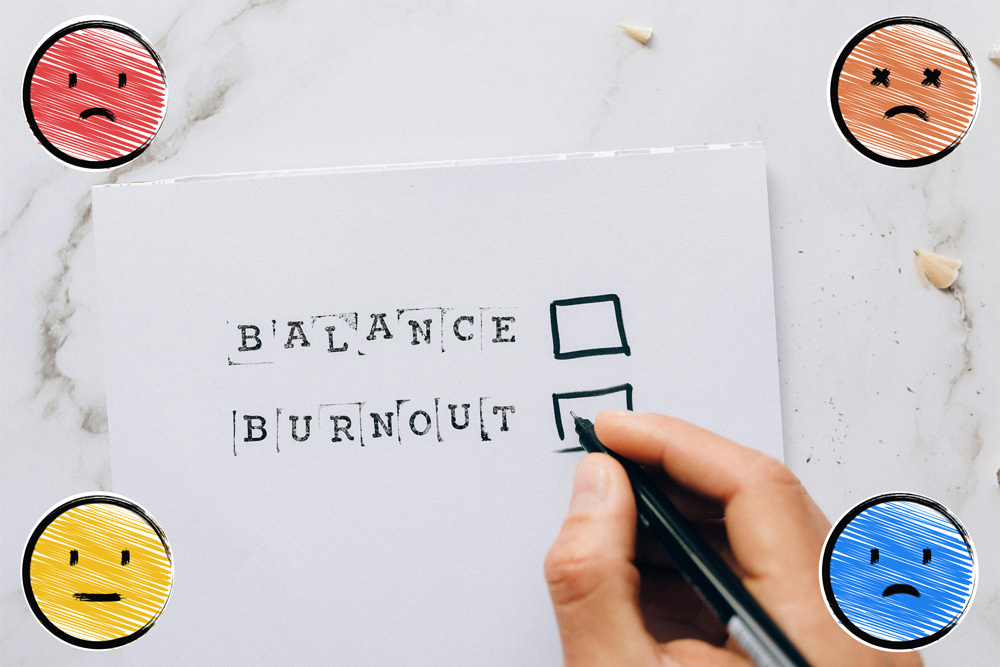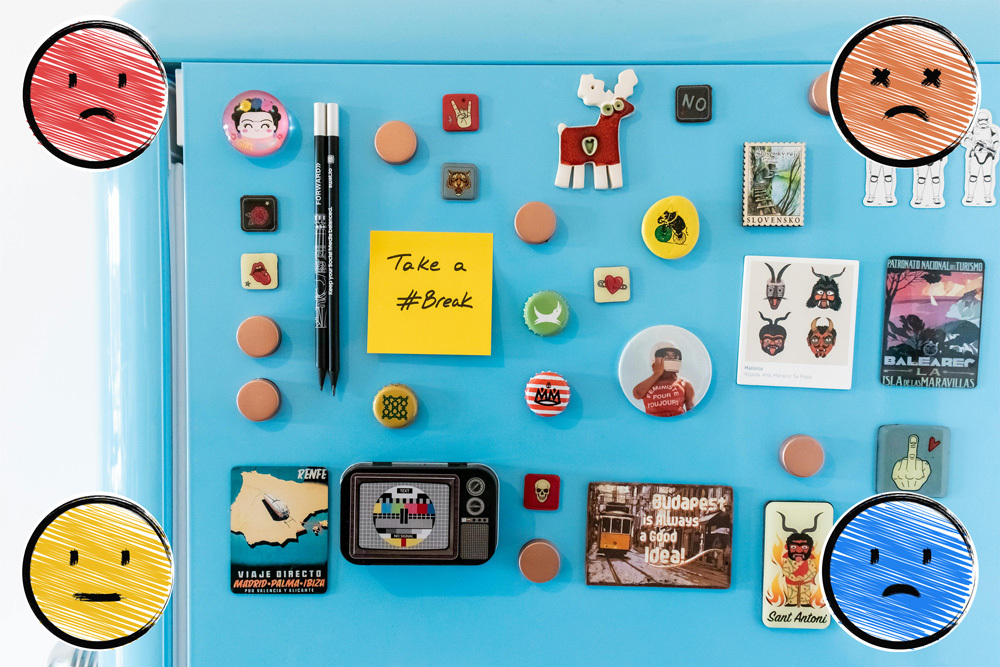
Fast Lifestyles, Fast Burnout: Is a Culture of Speed Destroying Our Mental Health?
How fast-paced living harms mental health—and how to recover.
Juggling work, home life, and social obligations feels like a race that never ends, right? We somehow manage to keep pace at first, but what happens when we can't anymore? Is a culture of speed destroying our mental health?
Many believe it is. More and more people are hitting the burnout wall, which is directly caused by living in the fast lane. If you've ever felt wiped out, overwhelmed, or emotionally drained to exhaustion, odds are you’re not just tired—you’re part of this group.
How do you get back in control? You slow down. That’s how you win.
But before we've gone over the strategies to do so, let's see how exactly our high-paced lifestyles may be contributing to mental health decline.
The culture of speed: A modern phenomenon
What exactly do we mean by a "culture of speed"?
It's the mindset where efficiency and quick results precede balance and well-being.
From the moment we wake up to the time we crawl into bed, there's this unspoken expectation:
- To be productive,
- Stay connected,
- And keep up with everything.
Technology has made it easier than ever to stay on top of tasks, but it's also a huge culprit in the "culture of speed" since it makes it much harder to disconnect. The constant pings and notifications keep us in a state of high alert, where even leisure time can start to feel like something to cross over a to-do list.

Is a culture of speed destroying our mental health? Yes, in more ways than one.
Signs of burnout in a fast lifestyle
You can live in the fast lane for only so long before it starts to take a toll on you, and burnout is the direct consequence of such a lifestyle.
However, it doesn't happen overnight. It takes constant pressure to keep up for it to develop, but once it does, it doesn't only affect our minds. Our bodies become vulnerable to it as well.
At first, burnout symptoms are easy to overlook until they aren't.
Speaking of symptoms, since burnout is an illness of the mind and body, it's accompanied by two different types of symptoms:
- Physical
- Mental
Physically, it typically manifests as:
- Chronic fatigue
- Headaches
- Frequent colds caused by a weakened immune system
As for the mental symptoms, burnout often brings on a sense of detachment or apathy, where things that used to excite don't do so anymore. You may also be experiencing anxiety, irritability, or a sense of dread.
Is a culture of speed destroying our mental health?
The answer is YES!
But why?
It comes down to how our brains and bodies respond to constant stimulation and pressure.
The "culture of speed" leaves little room for rest and recovery. It pushes our nervous system to stay on constant high alert, triggering stress responses meant for short bursts of emergency only—not everyday life.
Then, there's cognitive overload.
When you are constantly split between multiple tasks, your brain doesn't have a chance to process either completely. So, eventually, it starts to lag. The overload leads to mental exhaustion that turns even the simplest tasks into rocket science and makes it impossible to concentrate.
The constant drive to perform also complicates things, making it downright impossible to maintain a healthy work-life balance. We're often pressured to sacrifice downtime in favor of "just one more task," which leaves us no room to recharge and makes us all the more susceptible to burnout.

Burnout thrives where there's no balance.
At the same time, to make matters worse, studies show that prolonged exposure to the stress hormone cortisol can change the brain’s structure, affecting areas linked to memory, mood, and decision-making.
Over time, a fast-paced lifestyle doesn't only lead to burnout. It can contribute to more serious mental health conditions, like anxiety disorders or depression. In truth, it can work the other way around, too. Living with an anxiety disorder can increase the likelihood of experiencing burnout, as the constant worry and mental fatigue wear you down over time. For those struggling to manage an anxiety disorder, the pressure to keep up with a fast-paced life only intensifies, creating a vicious cycle that's hard to break.
And that brings us to our next discussion.
Breaking the cycle: Strategies for slowing down
Now that we’ve answered the question of ''Is a culture of speed destroying our mental health,'' the next big question is:
''How do we step off this fast track and start regaining control?''
The good news is that you can slow down without sacrificing productivity.
Moreover, taking time to reset can make us more productive in the long run.
1. Prioritize rest and recovery
Rest should be a non-negotiable part of our daily life, not just something we do when burned out.
To start, begin adding short breaks to your routine throughout the day. Yes, even if that's just 5 minutes to stretch or take a few deep breaths.
Practicing mindfulness or meditation can help, too, as these practices help calm the nervous system and give the brain a chance to reboot.

Take breaks; your body and mind need them!
2. Set realistic goals
Many of us fall into the trap of thinking we need to get everything done immediately, which only leads to anxiety.
Instead, try setting smaller, manageable goals and focus on completing one thing at a time. That can help ease the pressure and make you feel more accomplished without spreading yourself too thin.
3. Learn to say no
It’s tempting to take on every opportunity or obligation that comes your way, but you CAN'T do everything.
Learn to say no when you need to, and remember that doing so doesn't make you lazy or unambitious. It just helps you preserve your energy for the important things.
4. Disconnect to reconnect
As mentioned, our constant connection to technology is one of the biggest culprits in the "culture of speed."
To combat it, make it a habit to unplug from your devices for a bit each day. Use this time to focus on activities that bring you joy. You'll soon see that you reconnect with yourself once you disconnect from the digital world and recharge your mental energy.
Slow down to wind down
Is a culture of speed destroying our mental health? Absolutely. But the antidote lies in our ability to hit pause. Instead of hurrying to finish everything immediately, give yourself a chance to breathe. Then, start moving at your own pace, and you won't just be ticking boxes off a list. You'll be fully present, engaged, and in control. If you fall into old patterns, ask yourself: What are you racing toward? Sometimes, the best way to get ahead is to step back, wind down, and remember that life's not a sprint. It’s a marathon.











